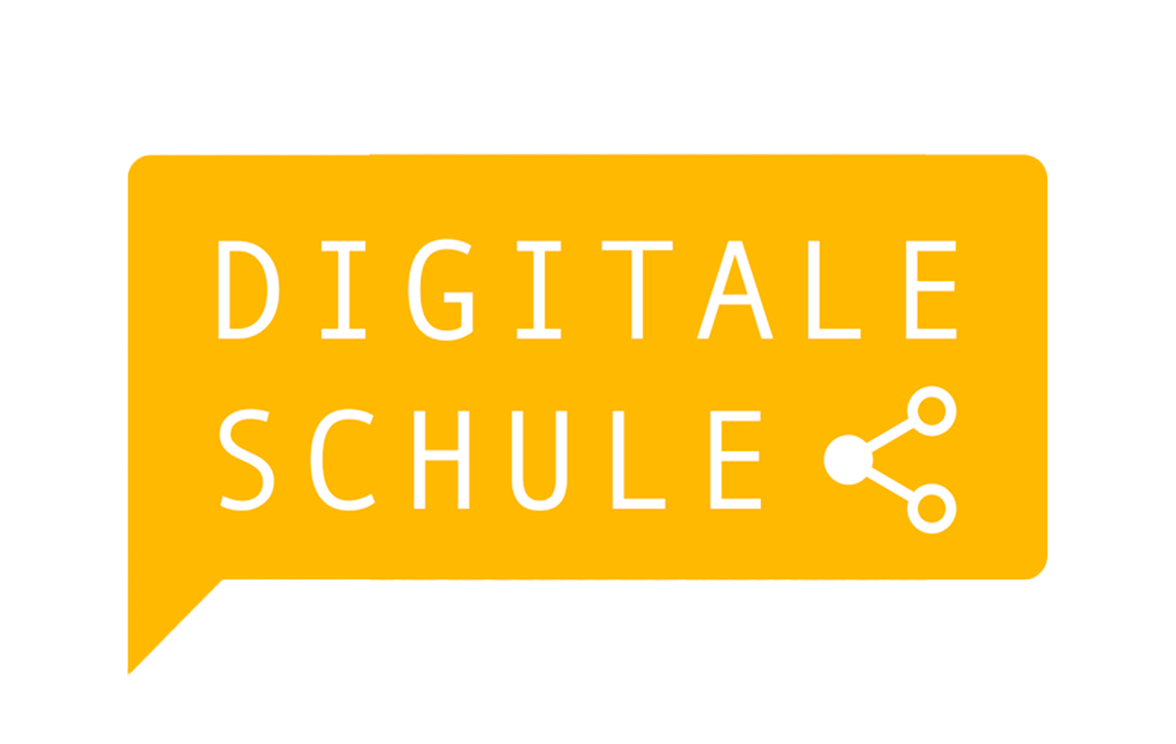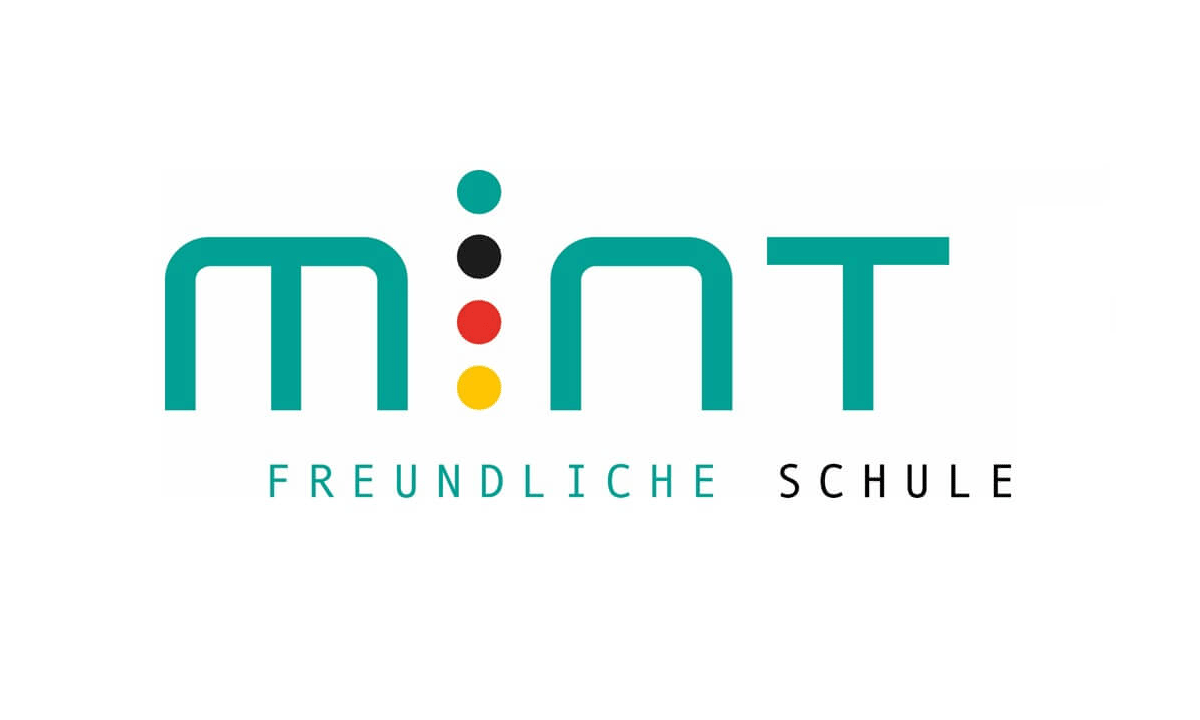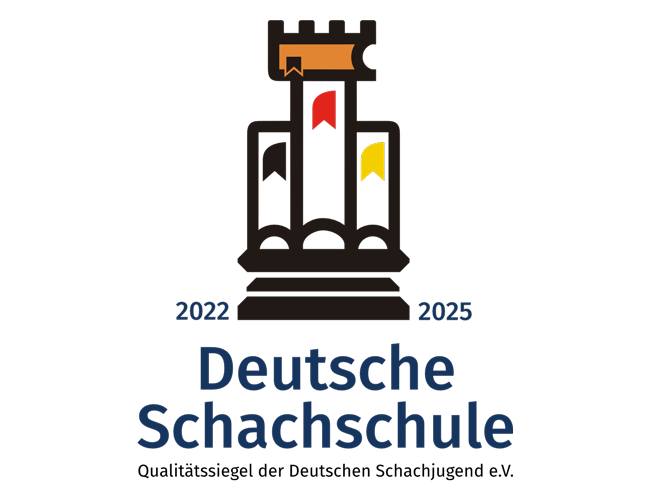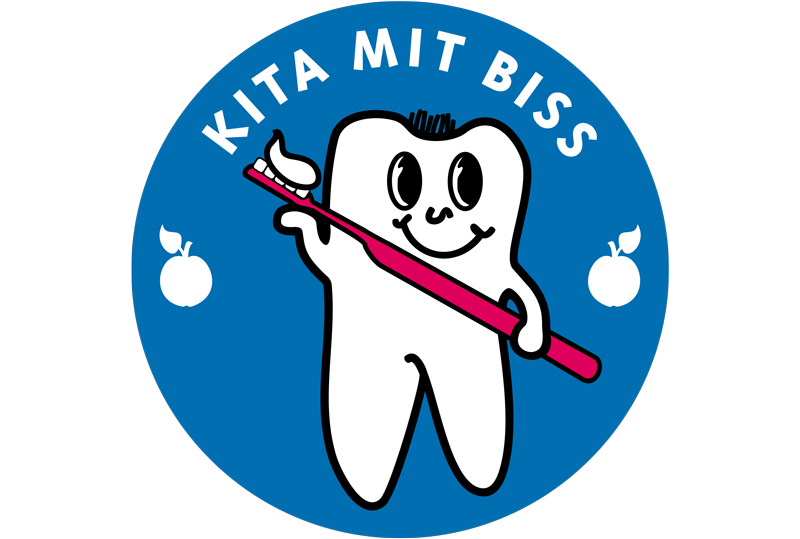Data privacy statement of Platanus Bildungs gGmbH
Summary – in laymen terms – for those in a hurry
Platanus Bildungs gGmbH observes the regulations on privacy and respects your rights. We only collect and process data if this is necessary for specific reasons. We store your data only as long as is necessary. You can use our site without providing us with your personal data. However, if you fill out a contact form or send us an email, we store this information to process your requests or to respond to you. We need to store some data for tax reasons or because it is necessary for the fulfilment of contracts. When you call up our site, a cookie may be stored on your computer. Our server can thus uniquely identify your browser. This ensures the security of our systems and provides more convenience for the users of the website – so, for example, passwords do not have to be re-entered every time. In addition, we store statistical data (log files) on the use of the website on the server.
Since electronic communication can be inherently insecure, you can also contact us via non-electronic means.
Upon request, we will inform you which data we have stored on you. We will delete or correct inaccurate data. Upon request, we will also inform you who we transmit data to. However, Platanus Bildungs gGmbH does not share your data with third parties if there is no valid reason for it. Platanus Bildungs gGmbH does not take automated case decisions and does not apply to profiling technologies.
The following data privacy statement informs you in detail about which data will be stored and processed, which rights you have and who you can contact.
Privacy policy
In principle, you can use our website without sharing any personal data. However, if you use contact forms, registration forms or the like, it may be necessary for us to process your personal data. In this case, we will obtain your consent provided there is no legal basis for the data processing.
Personal data are, for example, name address, email address or telephone number. We process your data in accordance with the data protection regulation and in accordance with country-specific data privacy regulations that apply to Platanus Bildungs gGmbH.
This data privacy statement informs you about the type, scope and purpose of the data we collect, use and process. Moreover, this privacy policy informs you about your rights in connection with the use of your data.
Technical and organisational measures ensure that your data is safe. Data transmission over the Internet can still have security vulnerabilities, and so there is no absolute protection. You can therefore also send us your data in other ways such as by mail, by telephone or by fax.
1. Terms
This privacy policy uses terms that are used in the General Data Protection Regulation (GDPR). This privacy policy is intended to be easy to understand. We will therefore explain some technical terms below.
1a) Personal data
Personal data is any information that relates to and identifies a natural person (‘data subject’). A data subject is considered identified if features can be directly or indirectly attributed to them that allows conclusions to be drawn on their identity. This includes among other things names, customer numbers, location data, or a combination of different features.
1b) Processing
Processing describes operations or series of operations relating to personal data. The processing can be automated, partially automated or manual. Examples are: storing, reading, modifying, queries, deleting, disclosure, transmission.
1c) Restriction in processing
Marking stored personal data with the aim of limiting their processing in the future.
1d) Profiling
During profiling, data is processed automatically in such a way that personal data is linked with an assessment. This assessment may relate to behaviour, reliability, economic situation, preferences, job performance etc..
1e) Use of pseudonyms
When using pseudonyms, personal data is processed in such a way that the data can no longer be assigned to a person provided no other information is used. This additional information must therefore be stored separately. Technical and organisational measures ensure that personal data is not attributed to a natural person that can be identified or is identifiable.
1f) Controller or controller responsible for the processing
The natural or legal person, public authority, agency or other body that decides on the purpose and means of the processing of personal data, whether alone or with others, is the controller.
1g) Processor
A natural or legal person, public authority, institution or other body that processes personal data on behalf of the controller is a processor.
1h) Recipient
A natural or legal person, public authority, agency or other agency to which personal data is disclosed is the recipient, irrespective of whether it is a third party or not. Public authorities that may receive personal data in the framework of a particular inquiry in accordance with EU or Member State law shall not be regarded as recipients.
1i) Third parties
A third party is a natural or legal person, public authority, agency or body other than the data subject, the controller, the processor and persons who, under the direct authority of the processor, is authorised to process personal data.
1j) Consent
Consent is any freely given and unambiguous indication of the data subject’s wishes by which he or she signifies agreement to the processing of personal data relating to him or her. The consent may be a statement or another clearly affirmative action.
2. Name and address of the controller
The controller in the sense of the GDPR, other applicable data privacy laws in the Member States of the European Union and other provisions with a data privacy nature is:
Platanus Bildungs gGmbH
Berliner Straße 12
13187 Berlin
Phone: 030/49 00 48 800
Fax: 030/49 00 48 809
qngrafpuhgm@cyngnahf-fpuhyr.qr
3. Cookies
Our website uses cookies. They are text files that are stored on the browser of a computer system.
Many cookies contain a so-called cookie ID, a unique identifier of the cookie. It consists of a string with which the website or a server can be assigned to the specific browser. Visited websites can thus distinguish the browser of a specific person from other browsers. A certain internet browser can be identified and recognized through the cookie ID.
Cookies enable us to provide user-friendly services to site users that would not be possible without cookies.
Information and offers on our website can be optimized with a cookie. The purpose of recognising browsers with cookies is to facilitate the use of the website users, because, for example, login details thus do not need to be re-entered whenever you visit the site.
The data subject may, at any time, prevent the setting of cookies by selecting the appropriate settings of the internet browser and thus permanently objecting to the setting of cookies. In addition, cookies that have already been set can be deleted at any time by your internet browser. Disabling cookies completely may mean that you cannot use all features of our website.
4. Collection of general data and information
Our website collects some general data and information each time the data subject calls up the website or an automated system. This data is stored in the log files of the server. The following data can be collected:
- browser types and versions used,
- the operating system used
- the previously visited website from which the website is accessed (referrer URL),
- subpages from which an accessing system calls up our website
- Date and time of access
- IP address
- the internet provider of the accessing system
- other similar data that is used to prevent possible attacks on our IT system.
Using this data does not enable Platanus Bildungs gGmbH to draw conclusions on the identity of a data subject. The data is needed to
provide correct content,
- to ensure the long-lasting functioning of our IT systems and
- to provide necessary information to law enforcement agencies in the event of a cyber-attack.
This anonymous data and information are evaluated statistically and with the aim of improving data privacy and data security. The anonymous data in the server log files is stored separately from all other personal data.
5. Registration on our website
The data subject can register on the site by providing personal data or filling in contact forms. The type of personal data transmitted arises from the respective form. The entered personal data is collected and stored only for internal use by Platanus Bildung gGmbH and for their own purposes. Platanus Bildungs gGmbH may arrange the transmission to one or more processors. They will use the personal data exclusively for internal purposes that are attributable to the above purposes.
When using a form on this website, the IP address, date and time of the data subject are stored. This can prevent the abuse of services as this data may help to solve crimes. It is, therefore, necessary to store this data for our protection. This data is not passed on to third parties insofar as there is no legal obligation unless it serves criminal prosecution.
Data that is entered voluntarily in forms by data subjects is used to offer services to the data subjects that, due to their nature, can only be rendered to users who provide data and information. Data subjects can at any time have their personal data corrected or completely deleted.
Upon request, Platanus Bildungs gGmbH provides every data subject at any time with information about what personal data is stored relating to the data subject. Furthermore, Platanus Bildungs gGmbH personal will correct or delete personal data upon request provided there is no legal obligation to retain such data.
6. Contacting us through the website
Due to statutory provisions, our website contains information that enables you to contact us quickly and directly communicate with us through electronic means. This includes a general email address.
If a data subject contacts us by email or through a contact form, the personal data supplied by them is automatically stored. Personal data submitted to us on a voluntary basis is stored for purposes of editing or making contact. This personal data shall not be disclosed to third parties.
7. Routine deletion and blocking of personal data
The controller processes and stores personal data of the data subject only as long as is necessary to achieve the purpose of the storage or insofar as it is intended by the European regulations and legislature or a legislator in laws or regulations we are subject to.
If the purpose of storage no longer applies or one of the retention periods prescribed by European directives and regulatory bodies or another responsible legislator expires, the personal data is routinely and in accordance with the statutory rules blocked or deleted.
8. Rights of the affected data subject
Every data subject affected by the processing of personal data has the following rights granted by the European body:
8a) Right of confirmation
Every data subject has the right to ask the controller responsible for the processing for a confirmation about whether personal data relating to them is being processed. If a data subject wants to make use this right, they can contact an employee of Platanus Bildungs gGmbH.
8b) Right of access
Each data subject has the right to obtain, at any time and free of charge, information about the personal data stored on them and receives a copy of this report. Furthermore, the European policy makers and regulatory body have granted data subjects the right to receive information on the following data:
- the purposes of the processing
- the categories of personal data processed
- the recipients or categories of recipients to whom personal data has been disclosed or are being disclosed, in particular to recipients in third countries or to international organizations
- if possible, the intended period for which personal data will be stored or, if this is not possible, the criteria used to determine this period
- the existence of a right to correction or deletion of personal data concerning him/her or a restriction of processing by the controller or a right of objection against this processing
- the existence of a right of appeal to a supervisory authority
- if the personal data is not collected by the data subject: All available information about the origin of the data
- the existence of an automated decision-making process, including profiling, in accordance with article 22 paragraphs 1 and 4 GDPR and – at least in these cases – meaningful information about the logic used and the scope and the desired effects of such processing for the data subject
In addition, the data subject is entitled to receive information about whether personal data was transmitted to a third country or to an international organization. If this is the case, the data subject has the right to obtain information about the appropriate guarantees in connection with the transmission.
If a data subject wants to take advantage of this right, they can contact an employee of Lara.Berlin at any time.
8c) The right to correction
Every data subject has the right to request the immediate correction of inaccurate personal data concerning them. In addition, they shall be entitled to demand the completion of incomplete personal data – also by a supplementary declaration – taking into account the purposes of the processing.
If a data subject wants to take advantage of this right, they can contact an employee of Lara.Berlin at any time.
8d) Right to deletion (right to be forgotten)
Every data subject has the right to ask Lara.Berlin that their personal data be deleted immediately if one of the following reasons applies and the processing is not required:
- The personal data was collected or used for purposes for which they are no longer required.
- The data subject revokes its consent for the processing in accordance with article 6 paragraph 1 letter a GDPR or article 9 paragraph 2 letter a GDPR and there is no other legal basis for the processing.
- The data subject objects to the processing in accordance with article 21 paragraph 1 GDPR and there are no overriding legitimate reasons for the processing, or the data subject objects to the processing in accordance with article 21 paragraph 2 GDPR.
- The personal data were processed unlawfully.
- The deletion of personal data is required to fulfil a legal obligation in accordance with the EU or national law that Lara.Berlin is subject to.
- The personal data in relation to services of the information society was collected in accordance with article 8 paragraph 1 GDPR.
If one of these reasons applies and a data subject wants to have data deleted that is stored by Platanus Bildungs gGmbH, they can contact an employee of Platanus Bildungs gGmbH. The employee will comply with the request for deletion without undue delay.
If personal data was made public by Platanus Bildungs gGmbH and the company is responsible in accordance with article 17 paragraph 1 GDPR for the deletion of personal data, Platanus Bildungs gGmbH will take measures, taking into account available technology and the cost of implementing adequate measures, including technical measures, to inform other controllers for data processing who process the published data that the data subject has requested the deletion of all links to this data or of copies and replications, provided the processing is not required. The staff of Platanus Bildungs gGmbH will do what is necessary in individual cases.
8e) Right of restriction of the processing
Every data subject has the right to ask the controller for the restriction of processing if one of the following conditions is given:
- The data subject denies the accuracy of the data; the restriction applies for a period which allows the controller to verify the accuracy of the personal data.
- Although the processing was unlawful, the data subject rejects the deletion of personal data and instead requests the restriction of the use of personal data.
- The controller no longer requires the personal data for the intended purposes. However, they required the data subject to assert, exercise or defend legal claims.
- The data subject has objected to the processing in accordance with article 21 paragraph 1 GDPR, however, is not yet certain whether the legitimate reasons of the controller outweigh those of the data subject.
If one of the above conditions applies and a data subject would like to request the limitation of personal data, they can contact an employee of Platanus Bildungs gGmbH at any time. The employee will arrange for the restriction of processing.
8f) Right of data portability
Every data subject has the right to receive their personal data in a structured, conventional and machine-readable format from the controller. In addition, they have the right to submit this data to another controller without hindrance by the controller if the processing is based on the consent in accordance with article 6 paragraph 1 letter a GDPR or article 9 paragraph 2 letter a GDPR or on a contract in accordance with article 6 paragraph 1 letter b GDPR and processed with automated procedures provided that the processing is not required to perform a task that is in the public interest or is carried out in the exercise of official authority and which were assigned to the controller.
Furthermore, in exercising their right to data portability, the data subject has the right in accordance with article 20 paragraph 1 GDPR to effect the direct transfer of personal data from one controller to another insofar as it is technically feasible and provided that it does not affect the rights and freedoms of other persons.
To claim the right to data portability, the data subject can contact an employee of Platanus Bildungs gGmbH.
8g) Right of objection
Every data subject has the right, for reasons arising from their specific situation, to object to the processing of their personal data at any time in accordance with article 6 paragraph 1 letter e or f GDPR. This also applies to a profiling that is based on these provisions.
In case of an objection, Platanus Bildungs gGmbH shall no longer process personal data unless compelling legitimate reasons for processing are demonstrated that outweigh the interests, rights and freedoms of the data subject or if the processing serves the claim, exercise or defence of legal claims.
If Platanus Bildungs gGmbH processes personal data for the purpose of advertising, the data subject has the right to object to the processing of personal data for the purposes of such advertising at any time. This also applies to profiling, insofar as it relates to direct advertising. If the data subject expresses their objection to Platanus Bildungs gGmbH to process personal data for purposes of direct marketing, they are no longer processed for these purposes.
In addition, the data subject has the right, for reasons arising from their specific situation, to object against the processing of personal data that is used by Platanus Bildungs gGmbH for statistical, scientific or historical research purposes in accordance with article 89 paragraph 1 GDPR. This does not apply if such processing is required to fulfil a task in the general public interest.
To exercise the right of objection, the data subject can directly contact any employee of Platanus Bildungs gGmbH. The data subject is free to exercise their right of objection by means of automated procedures in connection with the use of services of the information society that use technical specifications regardless of the Directive 2002/58/EC.
8h) Automated decisions in individual cases including profiling
Every data subject has the right not to be subjected to a decision exclusively based on automated processing – including profiling – that becomes legally effective or significantly affects them if the decision (a) is not required for the conclusion or performance of a contract between the data subject and the controller, or (b) on the basis of EU or national legislation, Platanus Bildungs gGmbH is subject to is allowed and these laws contain adequate measures to safeguard the rights and freedoms as well as the legitimate interests of the data subject or (c) is done with the express consent of the data subject.
If the decision is (a) necessary for the conclusion or performance of a contract between the data subject and the controller or (b) is taken with the explicit consent of the data subject, Lara.Berlin will take the appropriate measures to uphold the rights and freedoms and the legitimate interests of the data subject, including at least the right to obtain the intervention of a person on the part of the controller to present their own position and to challenge the decision.
If a data subject wants to assert rights with respect to automated decisions, they can contact an employee of Platanus Bildungs gGmbH at any time.
8i) Right to object to a data privacy consent
Every data subject has the right to revoke a consent to the processing of personal data at any time.
If a data subject wants to assert rights with respect to automated decisions, they can contact an employee of Platanus Bildungs gGmbH at any time.
9. Data protection for applications and the application process
Platanus Bildungs gGmbH collects and processes personal data of applicants to process application procedures. Applications can also be processed by electronic means, in particular if an applicant submitted application documents electronically. If a contract of employment is concluded with an applicant, the transmitted data is stored for the purposes of processing the employment in accordance with the statutory regulations. If no contract of employment is concluded with the applicant, the application documents are automatically deleted two months after a letter of refusal if no other legitimate interests of the controller prevent a deletion. Another legitimate interest in this sense is, for example, a burden of proof under the General Equal Treatment Act (AGG).
10. Legal basis of the processing
Article 6 I letter a GDPR provides a legal basis for processing procedures, for which we ask for consent for the processing of data for a particular purpose. If the processing of personal data is required for the fulfilment of a contract, the contracting party of which is the data subject, the processing is based on article 6 I letter b GDPR. This also applies to processing procedures that are necessary for the implementation of pre-contractual measures. If Platanus Bildungs gGmbH is subject to a legal obligation which requires the processing of personal data (for example compliance with tax obligations), the processing is carried out in accordance with article 6 I letter c GDPR. In rare cases, the processing of personal data may be necessary to protect vital interests of the data subject or another natural person. This would be the case if, for example, a visitor was injured at our company and personal data such as name, age or other vital information would subsequently have to be passed on to a hospital. Processing would then be based on article 6 I letter d GDPR. Ultimately, processing procedures can be based on article 6 I letter d GDPR. This concerns processing procedures that are not covered by any of the aforementioned legal bases if the processing is required to preserve our legitimate interests or those of a third party. This is true if those rights are not overridden by the data subject’s interests, rights and freedoms. We are particularly authorized to do so because there was a specific mention by European lawmakers, since a legitimate interest could exist there is a relevant and appropriate relationship between the data subject and the controller such as where the data subject is a client (recital 47 sentence 2 GDPR).
11. Legitimate interests in the processing that are pursued by the controller or a third party
If the processing of personal data is based on article 6 letter f GDPR, our legitimate interest is in performing our business activities for the benefit of the well-being of all our employees and our shareholders.
12. Storage period of personal data
The respective statutory retention period is the relevant criterion for the storage period of personal data. We delete the respective data routinely after this deadline provided we no longer need it for the purpose of contracts or to the initiation of the contract.
13. Statutory, contractual provisions for the provision of personal data; necessity for the conclusion of the contract; obligation of the person concerned to provide the personal data; possible consequences of failure to provide
We notify you of the fact that the provision of personal data is in part required by law or arises from contractual arrangements. For the conclusion of a contract, it may be necessary for a data subject to provide us with personal data that we are also required to process. A failure to provide this data would mean that the contract could not be concluded. Prior to a transfer of personal data by the data subject, they can consult one of our staff who can provide information about whether in the specific case of the data subject the provision is legally or contractually stipulated or is required for the conclusion of a contract, or whether there is an obligation to provide personal data and what impact it would have if the data was not provided.
14. Existence of an automated decision-making process
We do not perform automatic decision making or profiling.










